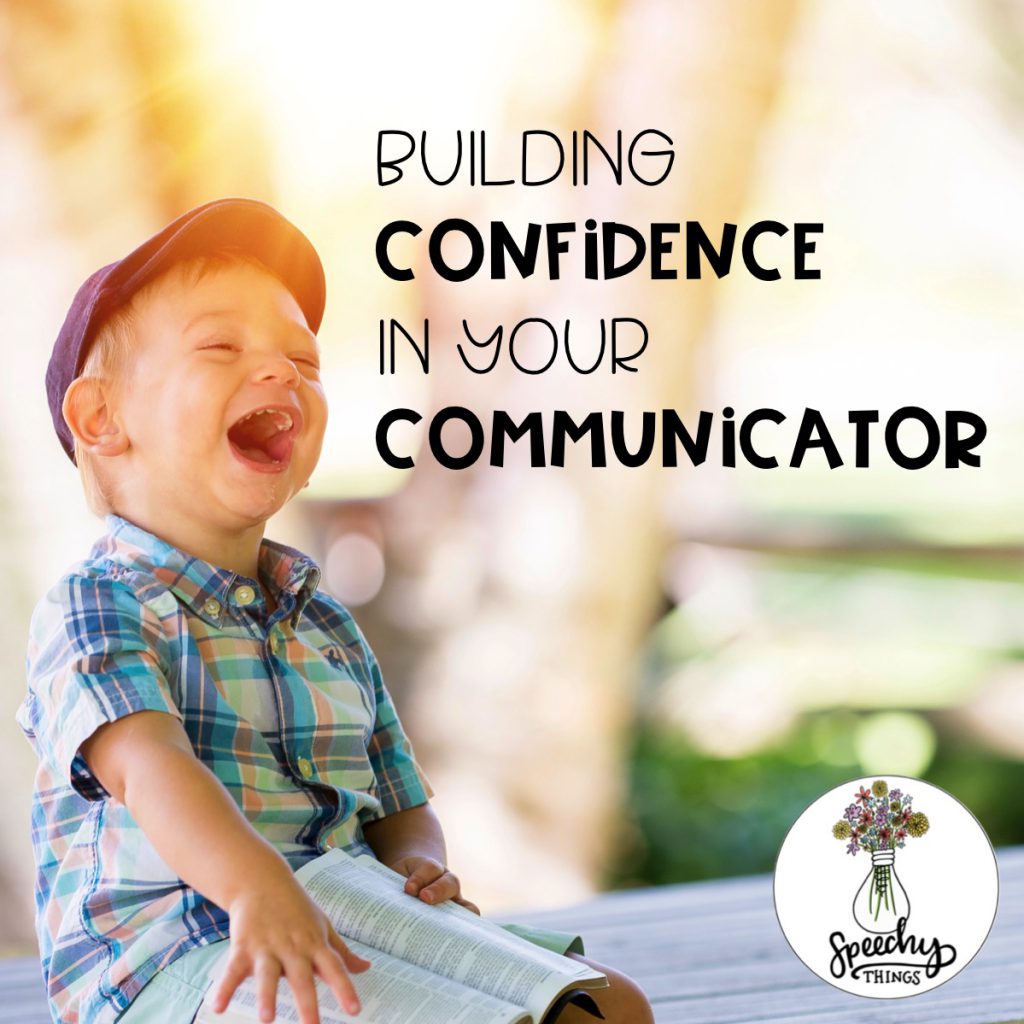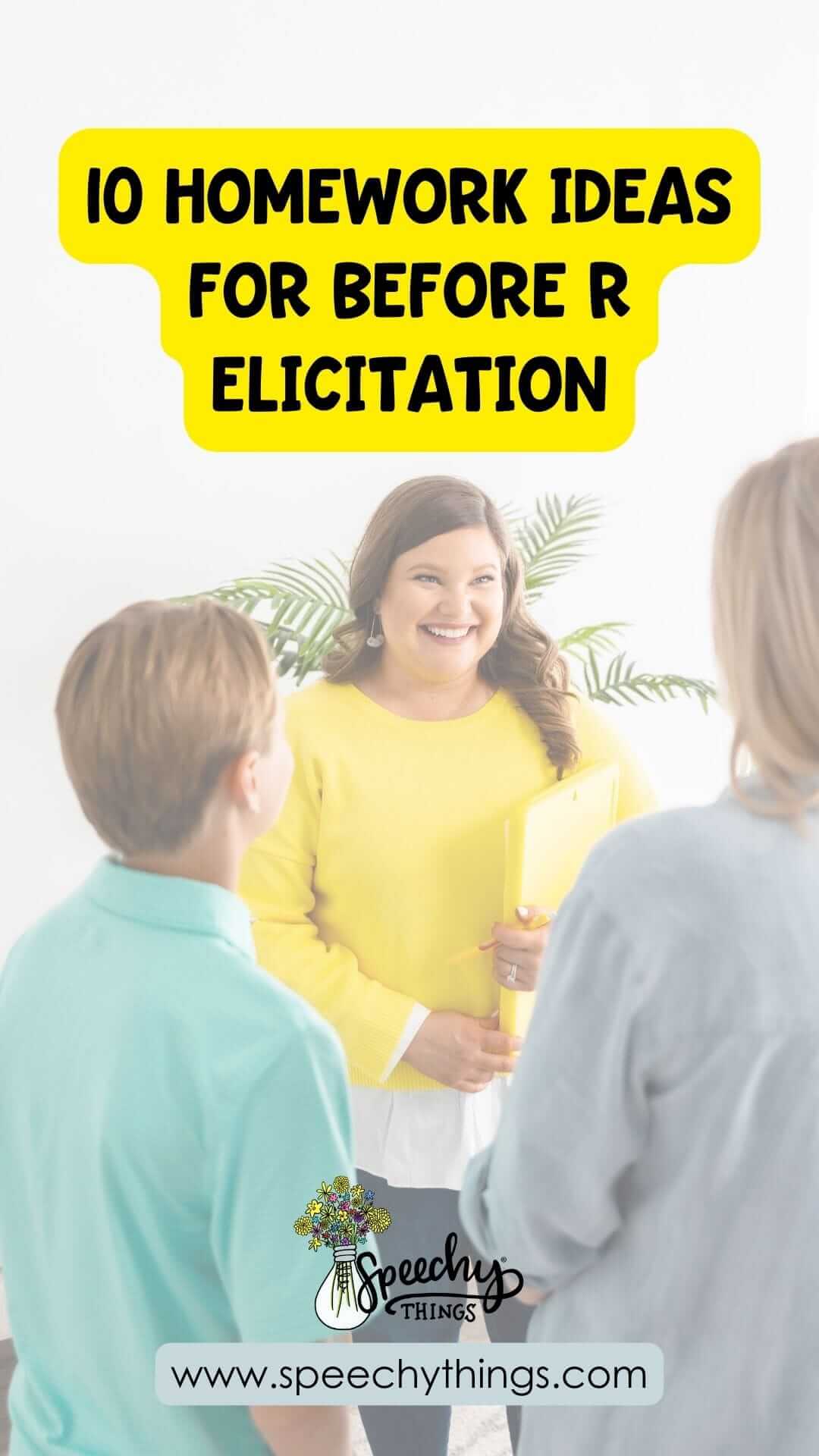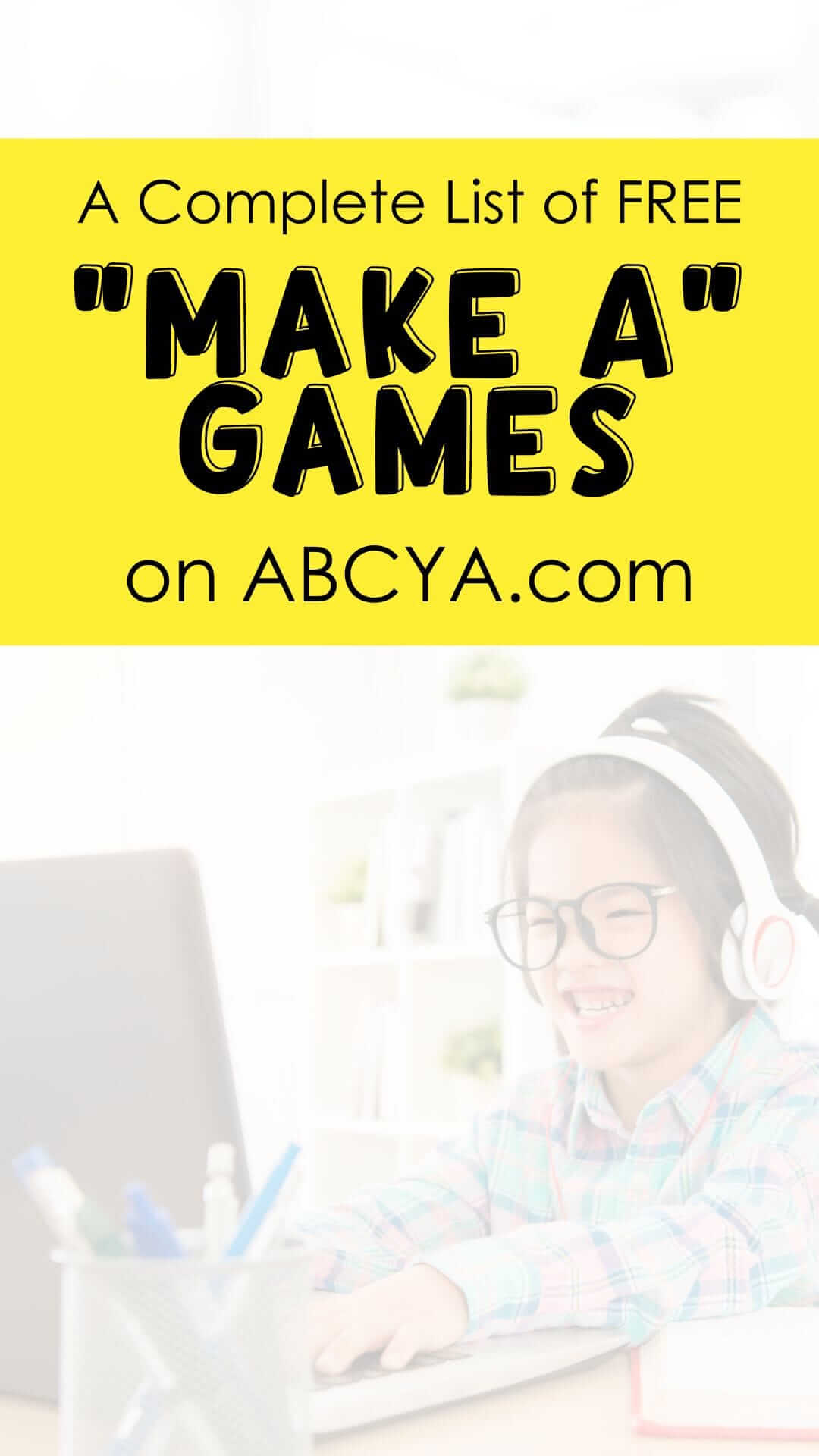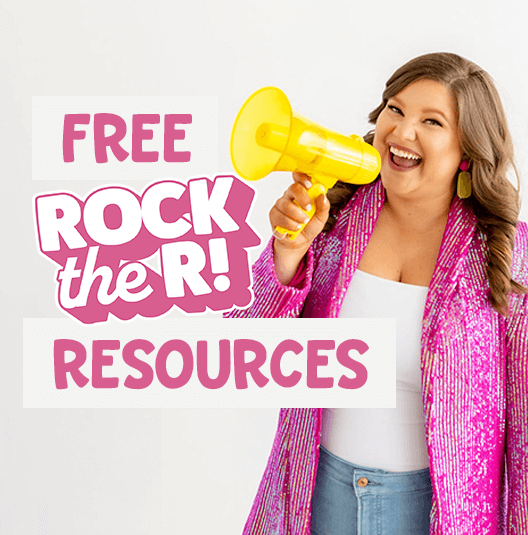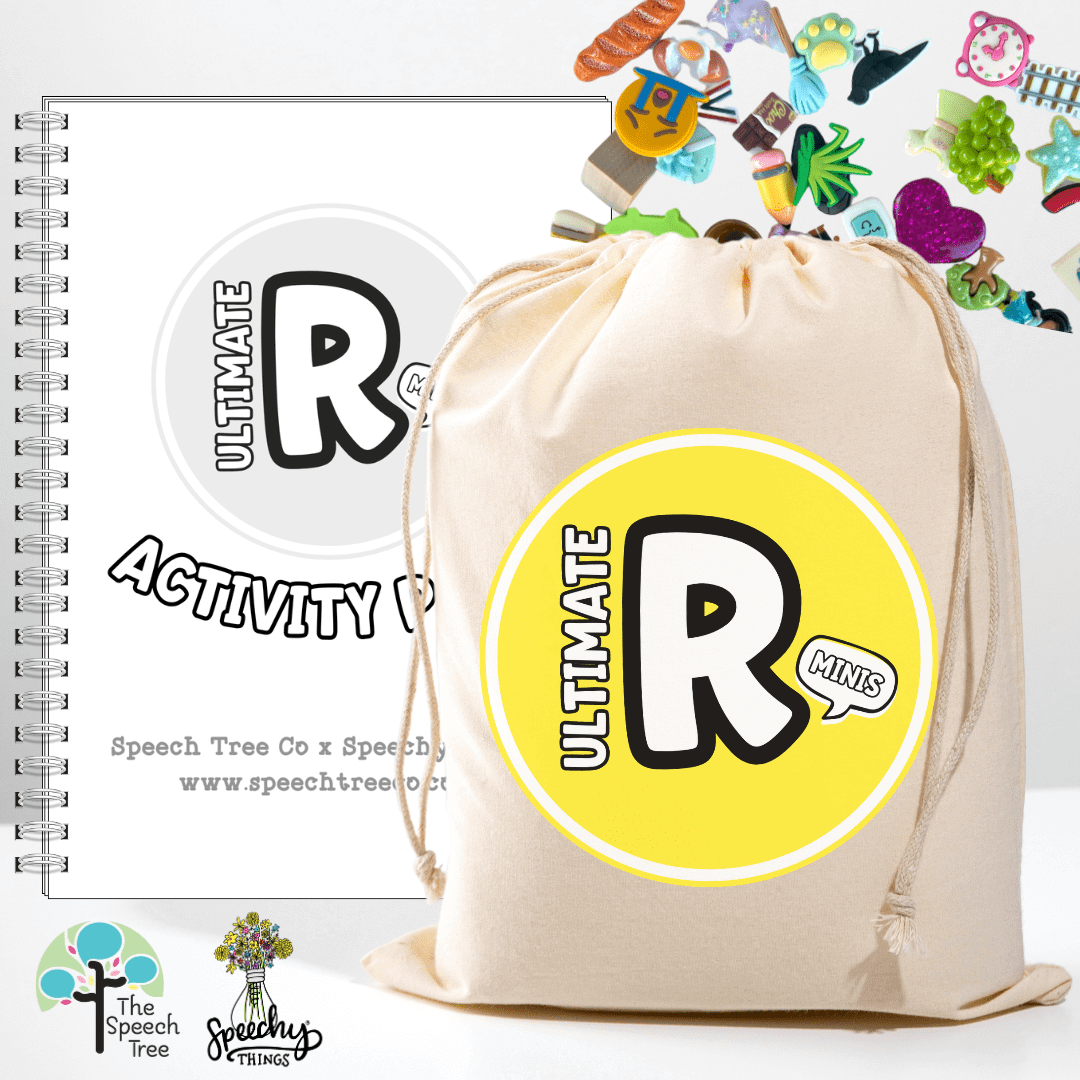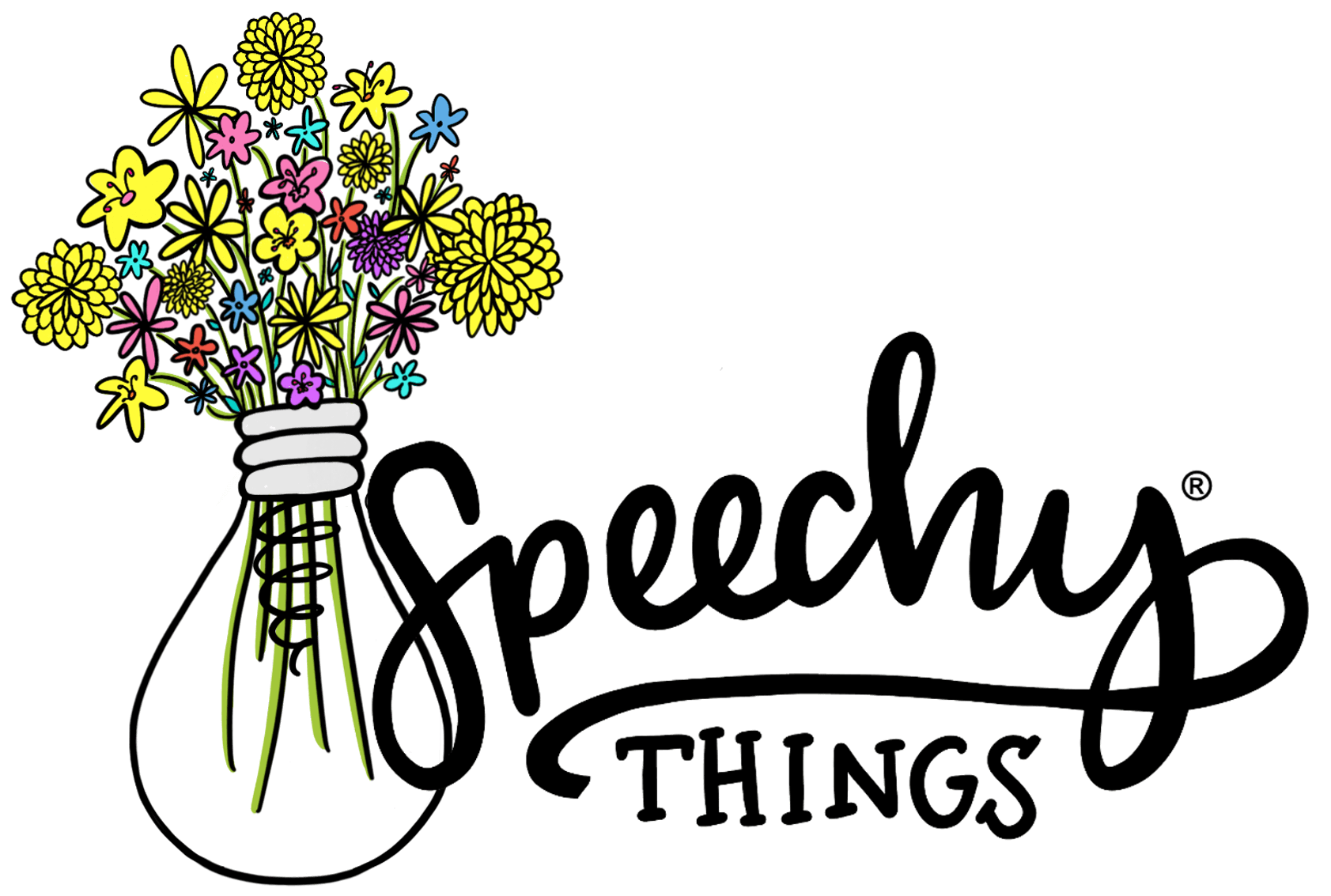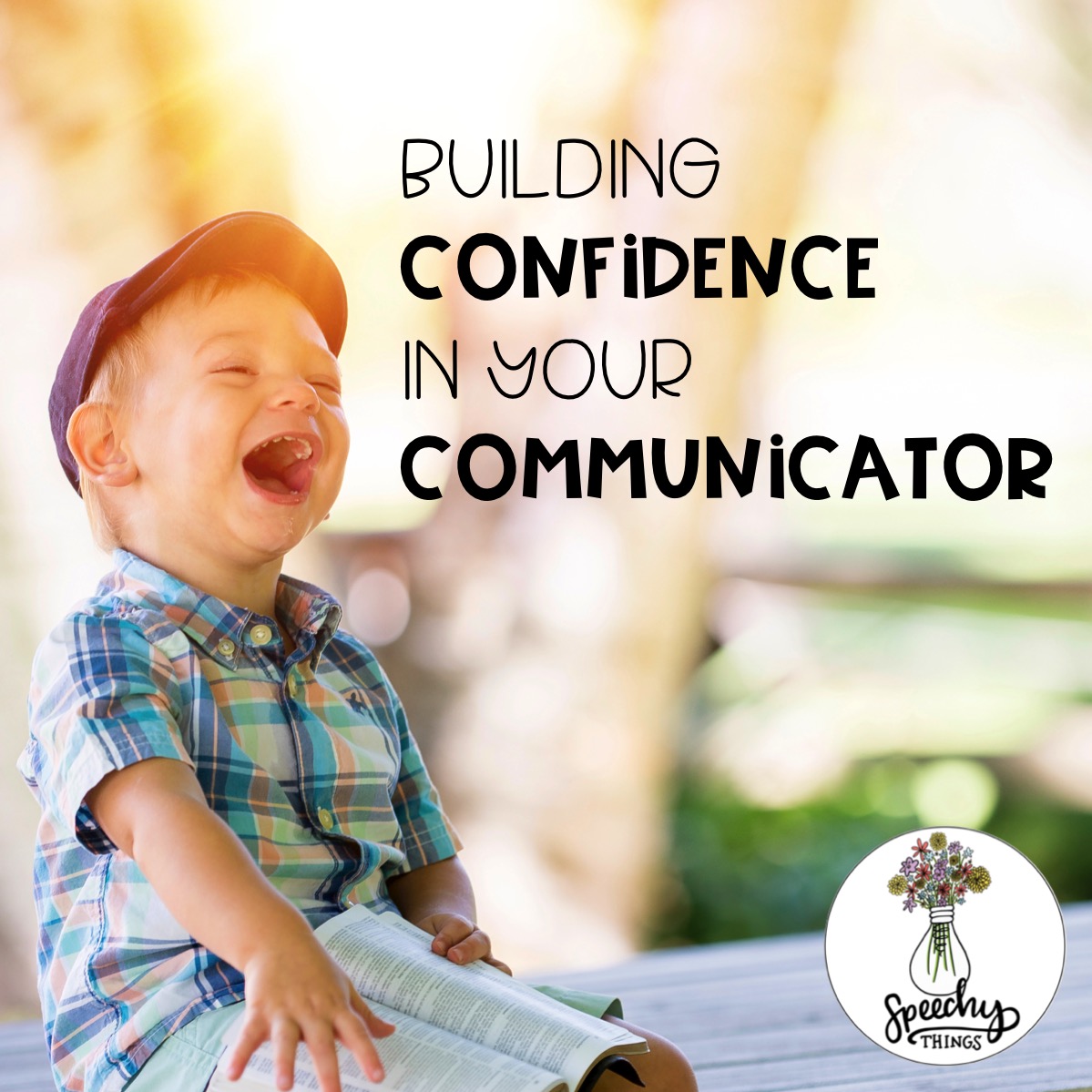
photo credit: Ben White via unsplash.com
Sometimes we get a little human who is painfully shy or perhaps just flat out unwilling to speak.
I am not talking about a language disorder. I am talking about those kids who have something to say, but are not saying it for whatever reason. I particularly run into this with my kids who have severely impacted intelligibility. I cannot count the number of times I’ve gotten a shoulder shrug or an “I don’t know” from bright kiddos simply because they know their words may not be understood. They have learned from countless attempts to communicate that people will not understand and that it is painful to try.
Not only does this break my heart, but it actually impedes our progress.
If my little friend is too shy to say anything without me modeling it first, we cannot scaffold. We stay at the same level of cueing and nothing changes. Furthermore, I cannot get a full picture of their errors when I have never heard them at the conversation level… or even sentence level.
It’s a “chicken or the egg” situation.
These kids are likely not as talkative because their errors make them self-conscious. Yet, spending months working on skills in imitation is bound to make our progress much slower than needed.
The speech errors are the cause- we can treat that with good ol’ therapy and drill work. However, the symptoms… we need a new plan. We need our kids to TALK in speech.
Makes sense, right? Here are a few ideas:
Be SILLY: Your best bet to win over a shy kid is to be a big ol’ goofball. Make them laugh! Being loud and crazy may not be the way to go… but have a silly game on hand to get the giggles going. Ham it up so you can set up a fun, relaxing therapy environment. Even if they’re not laughing yet, even if they’re just watching out of the corner of their eye and smirking, keep on doing you and being as fun as you can muster.
For kids who will tolerate it, and this is probably after a few weeks of therapy, we practice shouting our answers. I model a loud response (which usually gets me at least a giggle) and they do their best to match. This little game typically gets them to a normal speaking volume at least!
Enlist Help: Have the caregiver email or jot down a few notes about what the child did over the weekend. You can ask guiding questions that will allow your kid to answer and be understood. Imagine a child being able to share pieces of their life with you for the first time? Not only is it a confidence-booster and a rapport-builder, but it will allow for a few opportunities to clear up errors along the way.
Provide Comfort: You know how at a party, you may feel awkward without a purse to clutch or plate-o-snacks to hold on to? Give these kids something to do with their hands. Let them pick out a soft, squishy friend to hold during your treatment session. You can even encourage them to bring a “lovey” from home.
Pace the Conversation: There is a chance that you may do most of the talking for a while with these kids but try not to overwhelm the conversation. Give them plenty of time to respond but after 10 seconds of them staring at you, they probably just aren’t ready.
Give a Cheat Sheet: Whether or not a kid is a reader, you might provide a script for them to learn the basics of a conversation. “Hi, how are you, good, how are you.” This is a great go-to that they can not only use to greet you, but they can use it in their communities. Another option is visual conversation cards. Even if they’re not ready to say a whole sentences, maybe they could fill-in-the-blank. Perhaps you can even provide them visual choices and they can point to their answer. It’s okay to use a safety crutch for now.
Keep it Positive: Do everything you can to make your time together fun and enjoyable. Lower your expectations to a level where they can be successful – whether that’s nodding their head, giving a high five, or answering a yes/no question. When they participate, make sure they know it’s a good thing. For different kids that may mean a big smile, and for some it may mean a big ol’ “WOOHOO!”. We are speech therapists and therefore we are chameleons. Shape your responses based on the needs and personality of this particular child.
We need to be patient with our friends… but also provide them with the support to get things movin’.
Give them the benefit of the doubt for as long as possible. This type of quietness is usually not a negative behavior. Often, it’s a legitimate response to anxiety. You may also consider the possibility of selective mutism, depending on the severity.
Just imagine yourself at your most shy and awkward stage of life. Remember that feeling of loneliness at the idea of not being understood by anyone… or being afraid to connect with other people. I am a firm believer that if we had a world filled with confident people, it would be a better, safer, happier place. With your help, our friends are learning how to become effective communicators. Help them build their confidence along the way so we can speed up the process and have some FUN.
Have fun growing confident little people! And be sure to come say hi on Instagram or, better yet, get access to my freebie library by becoming a VIP!
Best Wishes,
Lindsey






